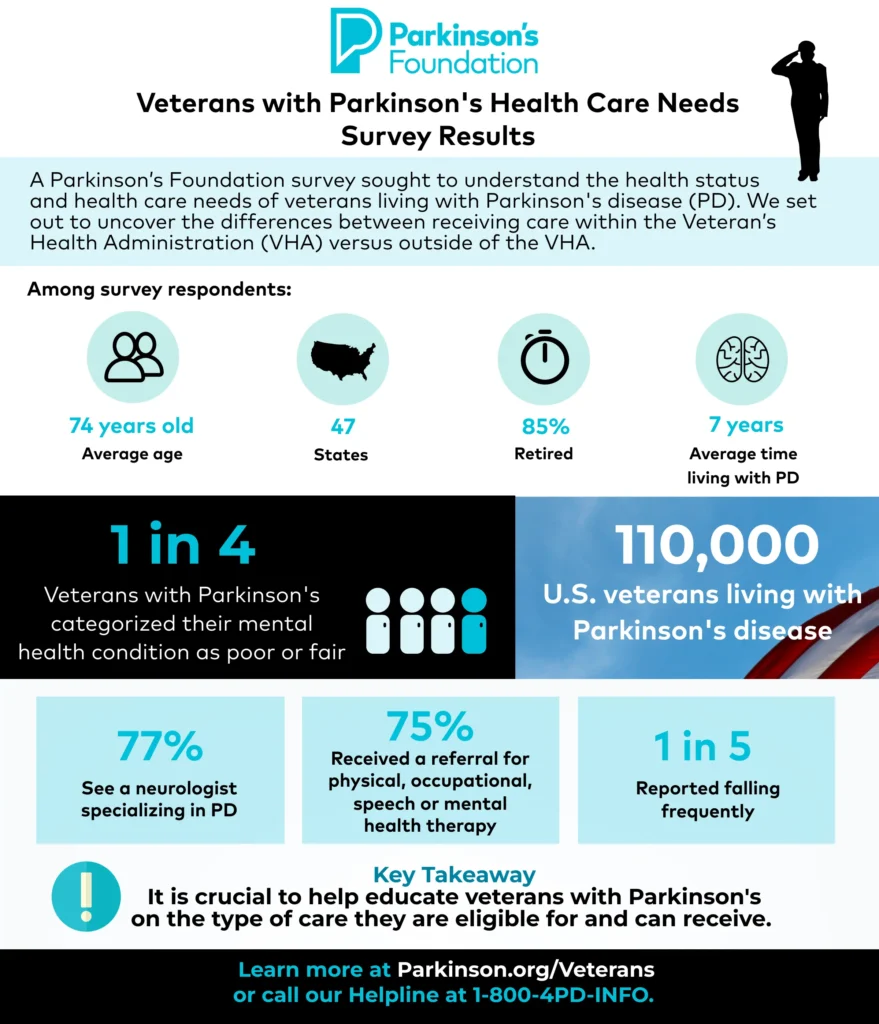Appleton, WI — A class of medication used to treat benign prostatic hypertrophy, or non-cancerous enlargement of the prostate gland, shows potential as a treatment to delay the progression of Parkinson’s disease, according to a recent study.
The retrospective cohort study published in the Journal of the American Pharmacists Association examined whether exposure to alpha-1-adrenergic receptor antagonists (AARAs), such as terazosin, that activate phosphoglycerate kinase 1 (PGK1) was associated with slower Parkinson’s disease progression, the study authors explained.1
Some AARAs, which are used in the treatment of benign prostatic hypertrophy, “stimulate glycolysis and increase cellular adenosine triphosphate levels through activation of PGK1, which has been recommended to benefit patients with Parkinson’s disease,” the researchers pointed out. The study authors are affiliated with John H. Bradley VA Outpatient Clinic in Appleton, WI, and Iowa City, IA, VA Health Care System.
The authors wanted to explore this topic because “medications for Parkinson’s disease are largely palliative, and there is a need for further research into medications that could potentially delay or prevent the progression of Parkinson’s disease,” Karla Opheim, PharmD, a clinical pharmacy specialist for psychiatry at John H. Bradley VA Outpatient Clinic, told U.S. Medicine.
Currently, there are no “approved medications to slow the progression of Parkinson’s disease, a complex neurodegenerative disease characterized by a deficiency in dopamine-producing neurons leading to motor and nonmotor deficits,” the study reported. Three previous retrospective studies have suggested that “AARAs may be of therapeutic benefit to slow or prevent the progression of Parkinson’s disease,” according to the authors.
Parkinson’s disease, which has many potential factors contributing to its pathology, affected approximately 1 million people in the United States in 2020, the study reported. “Motor deficits for Parkinson’s disease present at bradykinesia, rigidity, tremors, and gait or posture impairment, and nonmotor symptoms can show up as cognitive, psychiatric and autonomic problems,” they pointed out.
Researchers have theorized that “impaired energy formation and reduced adenosine triphosphate (ATP) levels contribute to Parkinson’s disease pathogenesis,” according to the study. In Parkinson’s disease, “glycolysis and mitochondrial function are decreased, and aging, a major risk factor, is associated with impaired glucose metabolism and decreased neuronal ATP levels,” the study reported. “One potential drug target in this pathway is PGK1, the first ATP-generating enzyme in glycolysis,” the study authors explained. Existing medications approved by the U.S. Food and Drug Administration that have been shown to activate PGK1 include AARAs such as terazosin, doxazosin and alfuzosin. Terazosin has been found “to increase in vivo brain ATP levels in mice, prevent or slow neuron loss, and lead to increased dopamine levels and restored motor function,” the authors reported.
In this study, the research team used national VA data to identify patients who began Parkinson’s disease pharmacotherapy from 2000 to 2019 and were currently prescribed an AARA. They compared the count of incident Parkinson’s disease-related outcome events within one year of follow-up between patients prescribed a PGK1-activating AARA versus tamsulosin, an AARA without PKG1 stimulation, the authors explained.
Of the 127,142 patients who initiated drug therapy for Parkinson’s disease during the study period, 24,539 patients concurrently received an AARA. Parkinson’s disease-related outcome events were identified using ICD codes indicating motor symptoms, nonmotor symptoms, and other potential complications as clinical markers for the progression of Parkinson’s disease, the study reported.
Fewer Parkinson’s Events
The study found that “patients who were prescribed a PGK1-activating AARA experienced fewer Parkinson’s disease-related outcome events than patients prescribed tamsulosin,” the study authors suggested.
Parkinson’s disease-related outcome events were “observed significantly less often in patients receiving a PGK1 AARA than tamsulosin, and these results remained significant after adjusting for confounding factors,” they wrote.
“Overall, I felt this was a very interesting study and adds to the current literature describing the role of alpha-adrenergic receptor antagonists in Parkinson’s disease,” Opheim said. “Of course, more evidence is needed from randomized controlled studies before official recommendations can be made regarding these medications in Parkinson’s disease.”
To achieve therapeutic advances in the treatment of Parkinson’s disease, it’s “crucial to identify novel disease mechanisms and drug targets,” according to the study. “Replicating existing studies across different populations and methodologies provides critical evidence in assessing the viability of the PGK1 activation mechanism in Parkinson’s disease.”
The current study has several limitations, including residual selection bias, the study clarified. “Patients predisposed to Parkinson’s disease complications could have been selectively prescribed tamsulosin over a PGK1 activator because of its favorable safety profile,” the study authors explained. Also, limited follow-up during the early course of Parkinson’s disease treatment, which is considered the honeymoon period, is another limitation, according to the study.
In addition, “relying on ICD coded events from administrative encounter data as markers of Parkinson’s disease progression has inherent limitations because events such as falls or altered consciousness are not unique to Parkinson’s disease,” the authors suggested. Lastly, since patients included in the study were predominantly men, generalizability of findings to other populations, particularly to women, might be limited, the study reported.
Further studies are needed to assess the place of PGK1-activating AARAs in treating Parkinson’s disease, according to the authors.
- Opheim KM, Uc EY, Cantrell MA, Lund BC. The impact of alpha-1-adrenergic receptor antagonists on the progression of Parkinson disease. J Am Pharm Assoc (2003). 2023 Dec 12:S1544-3191(23)00394-1. doi: 10.1016/j.japh.2023.12.008. Epub ahead of print. PMID: 38097174.


